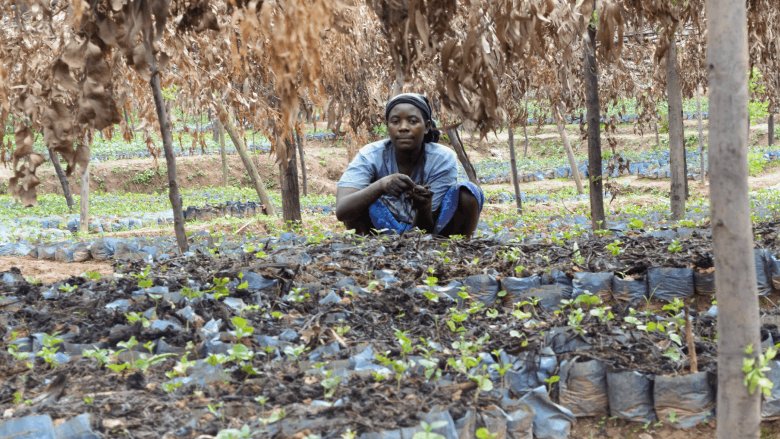From drought ravaging the Horn of Africa, to wildfires raging across Canada and Europe, the need to raise ambition and keep global temperatures down remains visible and urgent.
Africa Climate Week, held between September 4th – 8th, is among the UN regional climate weeks to build momentum ahead of the UN Climate Change Conference, COP 28 in Dubai. Held in Nairobi, Kenya, summit discussions will inform the global stocktake event at COP28, sharing solutions, barriers, and opportunities to address climate change among policymakers, practitioners, business leaders, and civil society.
In parallel, the Africa Food Systems Summit, in Dar es Salaam, Tanzania, will focus on Africa’s solutions to food systems transformation, exploring what works and lessons learned, while focusing on the role of women and youth in agriculture.
Food security and climate change: the critical link
If food waste were a country, it would be the 3rd highest emitter of emissions. Food systems generate 34% of global greenhouse gas emissions and use up to 70% of freshwater resources. Making the food system more efficient is critical to reduce emissions, curb climate impacts and limit rising costs, and to meet the Sustainable Development Goals.
For long-term food security, and to build climate-resilient food systems, investments in agriculture must be channeled to support smallholder farmers to become more resilient to climate shocks in the short and medium-term too. It is their ability to absorb, withstand, and overcome such shocks that will put more nutritious food on the table for all.
That is why GAFSP’s projects focus on solutions which support smallholder farmers, countries and agribusinesses to proactively adapt to changing circumstances right away, through access to climate-resilient, drought-resistant seed varieties, or more efficient intercropping methods for example. While, at the same time, equipping them with long-term solutions to sequester carbon, restore grasslands, or avoid deforestation and afforestation.
Since 2017, 100% of GAFSP’s public sector projects have delivered some level of climate co-benefits. GAFSP financed 27 projects in Africa with climate co-benefits, with over $807 million in financing towards Africa’s climate adaptation and mitigation of the agricultural sector.
Short, medium and long-term solutions
In Rwanda, farmer and father of two, Jean-Paul Kubwimana, was supported to supply more, and better-quality produce, from beans to passion fruits, to domestic, regional, and international markets. With a matching grant from a self-help group – a grant paid on condition that a certain amount of funding is also contributed by the farmer –through the GAFSP-funded Sustainable Agricultural Intensification and Food Security Project (SAIP), Mr. Kubwimana increased his income by 15 times, earning up to US$150 a week.
Financial support and training have helped him acquire a greenhouse – a structure which allows him to grow more nutritious tomatoes for the local market and community, by better controlling weather conditions such as drought, intense winds, heavy rainfall, or hailstorms.



